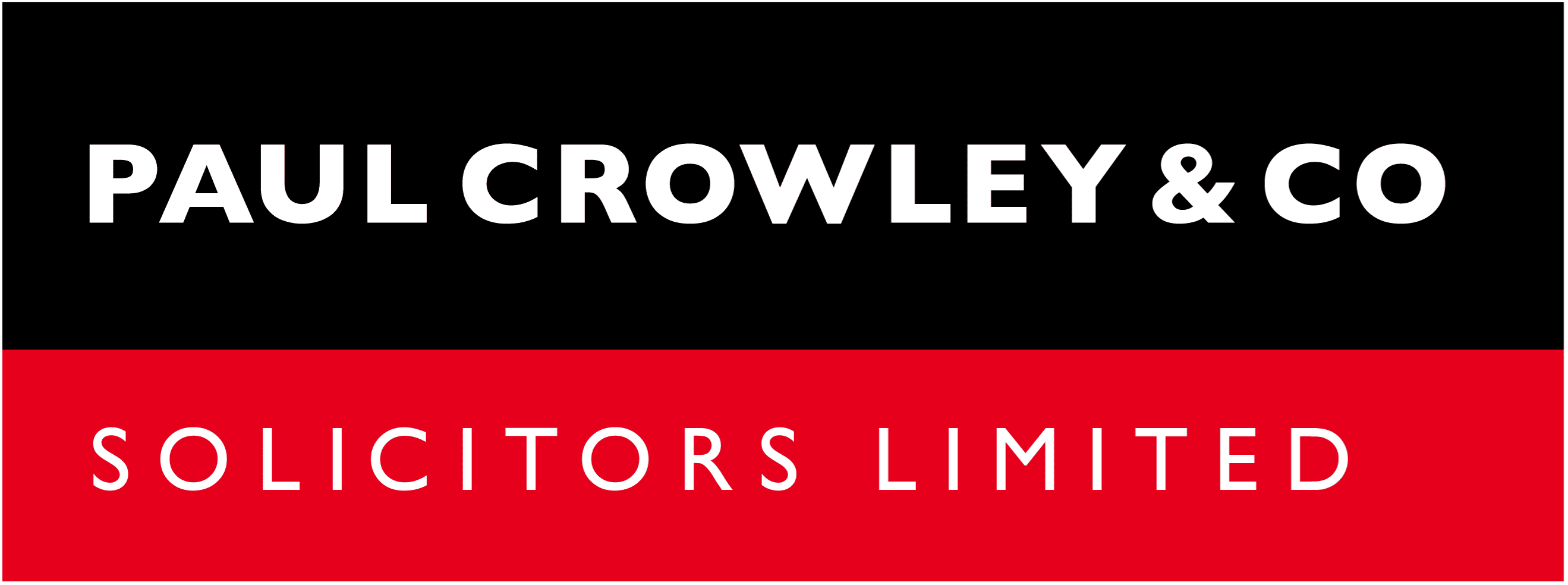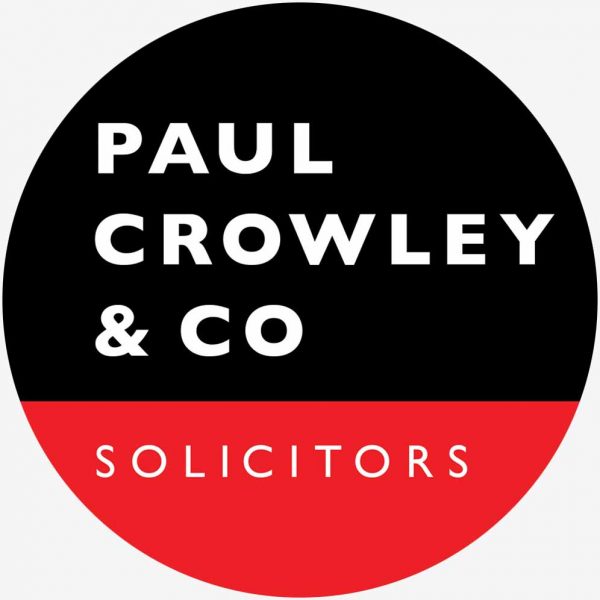The conveyancing process of buying a new home for many can be a daunting prospect. Before you embark on this process you may well have a number of questions you wish to ask your solicitor.
Jenna Gall, Head of Conveyancing at Paul Crowley & Co solicitors, answers the top five conveyancing questions asked by existing and potential customers alike.
Once instructed your solicitor, will write to the seller’s solicitor requesting a copy of the draft contract, alongside other supporting documents. Your solicitor will thoroughly check through these documents and raise any issues should they require further attention.
Your solicitor will also conduct a property search with local authorities and utility companies, this will raise any issues that could not be picked up on during the viewing or surveying process. Some of these searches are standard routine, while others may be required by your mortgage lender in specific cases.
When all of these checks have been made and everything is in place, your solicitor will liaise with the seller’s solicitor and exchange contracts on your behalf. Once the contracts have been exchanged, your solicitor will inform you of the final figure to be paid and this should be transferred into their account before completion.
After completion, your solicitor will make sure that all loose ends have been tied up. This will include payment of related fees such as stamp duty, registering you with the Land Registry as the new owner of the property, and sending the title deeds to your mortgage lender.
Make sure that you check the tenure of the property to see if it is on a leasehold or freehold basis. If the property you are buying is a leasehold, it is essential that you check the length of time that is left on the lease. Anything less than 80 years remaining and you will need to consider having the lease extended.
You will also need to ensure that you have the following in place, your mortgage, arranged buildings insurance cover, and that you have conducted any other surveys before you can finally exchange contracts.
In this event, as soon as you decide that you are looking to buy a home, it is always a good idea to have a conveyancer lined up in readiness. This will not only speed up the process when you do decide to make an offer, but will also show sellers that you are serious about buying their property.
It is always advisable to be flexible on timescales. Unexpected delays can be incurred at any stage, especially if it involves long and complicated chains.
Buyers are legally obliged to purchase the property once the contracts have been exchanged, from this point it usually takes between 4 and 12 weeks before completion and the keys are finally handed over to you.

It is always a good idea to shop around to find a conveyancer offering a thorough and trustworthy service for a good price. I advise always making sure to check what services their costs cover, as some firms for example will make themselves appear more competitive by excluding additional expenses such as the cost of Stamp Duty.
Where possible, it is best to avoid using a conveyancer recommended by your estate agent, as this is likely to be commission based and may well lead to a higher cost.
‘If you are looking to move please give us a call, we are happy to provide extremely competitive Free No Obligation conveyancing quotes on house sales, purchases and re-mortgages’.
Jenna Gall | Head of Conveyancing
Paul Crowley & Co, Solicitors
We move quick so you can too!
Follow us on social media
Keep up-to-date with Paul Crowley & Co by following us on social media! Tweet us or message us on Facebook:


 ‘If you are looking to move please give us a call, we are happy to provide extremely competitive Free No Obligation conveyancing quotes on house sales, purchases and re-mortgages’.
‘If you are looking to move please give us a call, we are happy to provide extremely competitive Free No Obligation conveyancing quotes on house sales, purchases and re-mortgages’. Jenna Gall | Head of Conveyancing
Jenna Gall | Head of Conveyancing